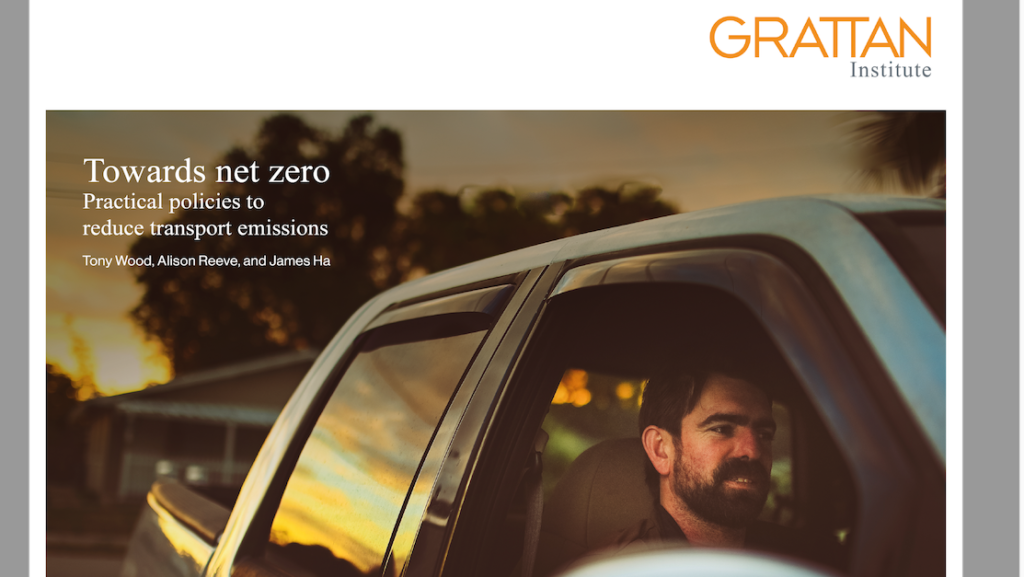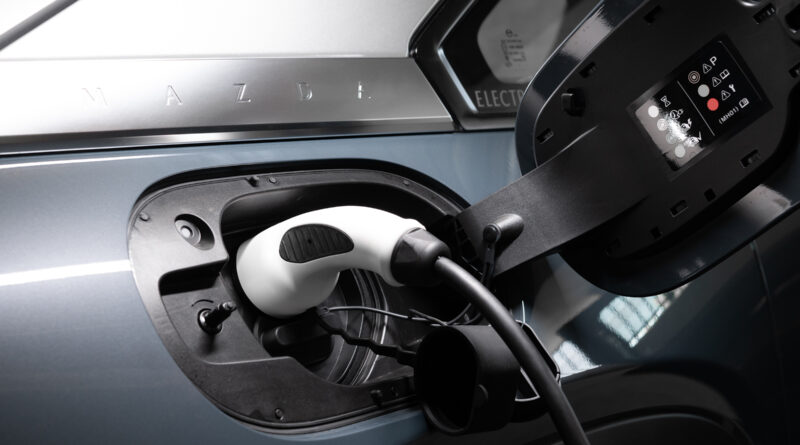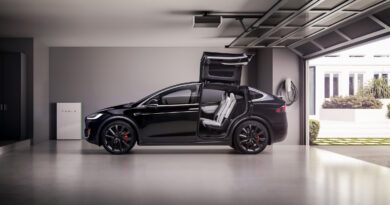Aussie petrol, diesel cull called for: zero emissions by 2035
A leading public policy think tank says a drastic acceleration of Australia’s transition from ICE to electric vehicles is needed if we are to cut carbon emissions to net zero by 2050.
In a wide-ranging report on the transport sector, the Grattan Institute says Australian governments should phase-out petrol and diesel cars by imposing a mandatory emissions limit on Australia’s light vehicle fleet and reduce the limit to zero by 2035.
It also calls for governments to make zero-emissions vehicles cheaper and easier for drivers to charge their EVs at home, work and on the road.
This is the first of five reports the Grattan Institute will issue in the lead-up to an international climate conference in Glasgow in November, showing how Australia can build momentum towards net-zero carbon emissions by 2050.
All Australian state and territory governments have the goal of reaching net-zero carbon emissions by 2050 at the latest, and Prime Minister Scott Morrison says the national goal is net zero, “preferably” by 2050 (he’s still leaving the door ajar for failure). As it stands, Australia will not hit that target.
Some states have introduced incentives for EV buyers but the federal government has so far avoided such a commitment.
READ MORE: EV incentives up to $5325 as part of $490 million NSW package
READ MORE: $3000 EV incentives for Victoria
“The best policy would be an economy-wide emissions price,” the authors of the report noted. “But we need to accept the regrettable reality that neither side of Australian politics is going to introduce an emissions price any time soon.

“The climate clock is ticking. We can’t wait around for an emissions price. So this series will identify sector-specific policies Australia should implement to set us on the path to net zero.
“The transport sector is responsible for nearly 20 percent of Australia’s emissions, and more than 60 percent of transport emissions are from light vehicles (including the two most popular cars in Australia, the Toyota Hilux and Ford Ranger). So the best way to cut transport emissions is to supercharge the switch to electric cars.”
READ MORE: EV and hybrid LandCruisers and Hiluxes could be years away
READ MORE: Ford Ranger ute to go electric by 2030
EXCLUSIVE REPORT: Every electric ute coming soon or under development
Government policy could slash EV prices
To reduce EV costs, the institute has called for them to be exempted from stamp duty, import duty and luxury car tax.
Scrapping stamp duty would cut the cost of new EVs by up to 6.5 percent it says, while it argues removing import duty would ensure a wider choice of EVs for Australia buyers and cut the upfront cost of some models by up to five per cent.
The 33 percent luxury car tax is currently applied to any fuel efficient vehicle costing more than $77,565. Removing that would further lower EV prices.
To ensure drivers don’t have to worry about where they can recharge their electric car, the institute has recommended governments should require all new buildings with off-street parking to include electrical cabling to allow for an appropriate number of future vehicle chargers.
The report says they should also require all leased dwellings with off-street parking have at least one electrical outlet near the car park by 2030.
Also called for is convenient, local vehicle charging is available by 2030 for all residents of homes without off-street parking.
‘Cash for clunkers’ to get EV sales rolling
The institute has warned an expensive ‘cash for clunkers’ program might have to be funded to get petrol and diesel vehicles off our roads if the switch to EVs is not aggressive enough.
Other policies the Grattan Institute called on Government to introduce included:
- Increasing the truck width limit in Australia from 2.5m to 2.6m, so low-emissions models made for the EU or US (which allow wider trucks) can be used in Australia without expensive modifications.
- Supporting targeted trials of zero-emissions trucks, particularly hydrogen trucks, to assess their performance under Australian conditions and practices. Imposing a renewable hydrocarbon standard for diesel, aviation fuel, and shipping fuel.




